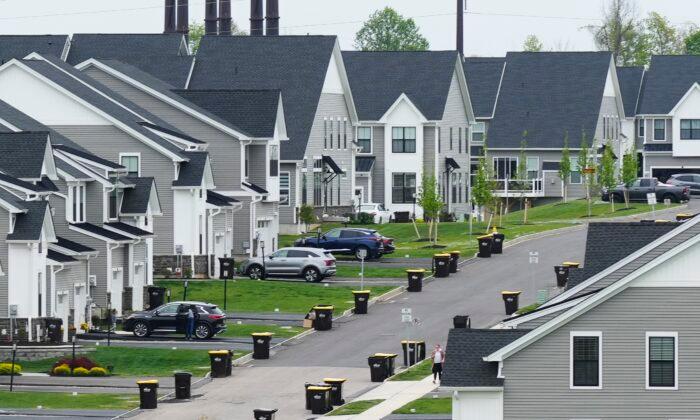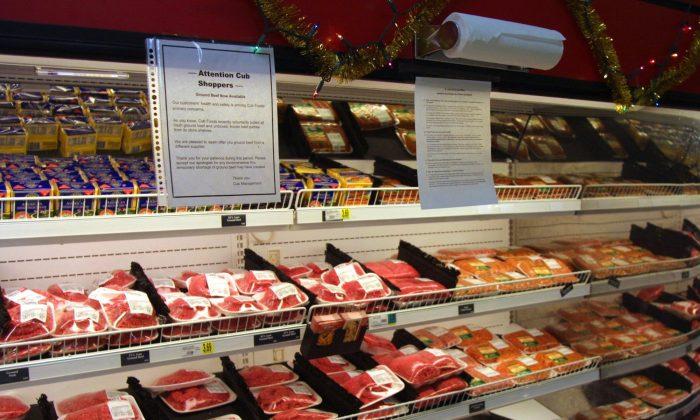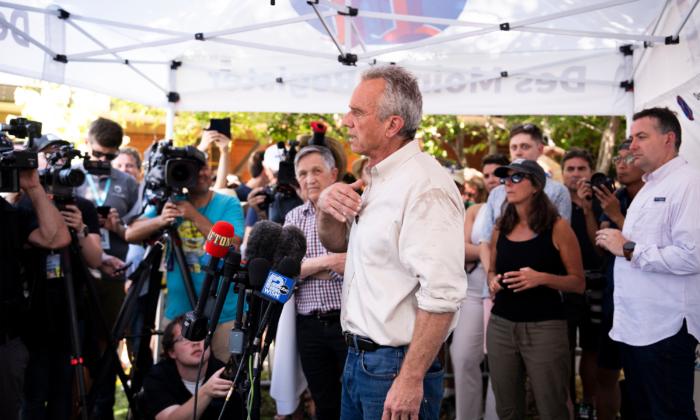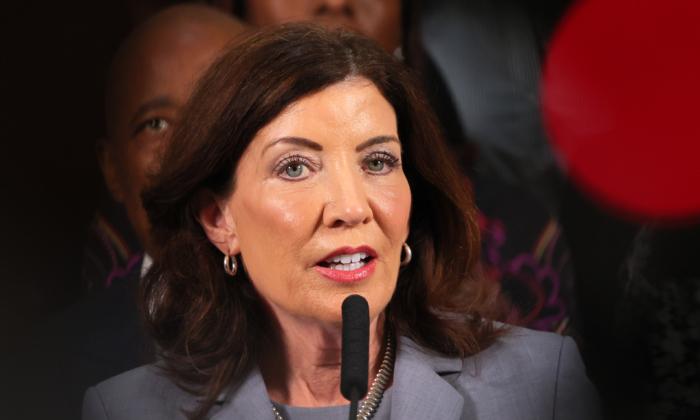Mainland China will reopen its border with Hong Kong, as Beijing drops its zero-COVID restrictions this weekend.
The border between the Mainland and the special administrative region of Hong Kong will be opened on Jan. 8, after nearly three years of travel closures and restrictions related to the pandemic.
The reopening of the internal border was announced by the Hong Kong and Macau Affairs Office on Jan. 5.
Hong Kong’s Economy Struggled
The GDP of the former British territory is expected to contract 3.2 percent in 2022, the Financial Times reported.Retail sales in Hong Kong dropped nearly 20 percent between January and November of 2022, compared with the same period in 2019.
Tourism, which depended heavily on the mainland, contributed about 4.5 percent of the economy in 2018 but has since fallen to a trickle.
Hong Kong partially obeyed the Chinese Communist Party’s (CCP) draconian zero-COVID policy through September 2022, when it began to ease restrictions.
All COVID-19 safety mandates were dropped in December, but masks still remain mandatory in the city except while exercising.
The Chinese regime will resume issuing tourist and business visas for mainland residents to travel to Hong Kong and Macau this weekend.
Travel to mainland China is now open to overseas visitors as well, along with residence permits for foreigners, from Jan. 8 onward, according to CCP immigration officials.
The regime will start reissuing passports for Chinese mainland residents, as well as regular visas for mainland residents to travel overseas.
Internal Border With Hong Kong to Reopen
This will be the first time since early 2020, that people from the mainland could visit Hong Kong without being quarantined on arrival.Travelers entering mainland China will no longer have to quarantine or take a COVID-19 test upon arrival, according to the CCP’s National Health Commission.
However, all must take and show the results of a negative PCR test within 48 hours before departure and anyone who displays symptoms will be asked to take a rapid antigen test.
No quarantines or COVID-19 tests will be required for those entering Hong Kong.
Prior to the pandemic, there were more than 236 million annual passengers between Hong Kong and the mainland, an average of nearly 650,000 per day.
Visitors from mainland China through land crossings will be capped at an estimated 60,000 a day, only a fraction of pre-pandemic figures, said Hong Kong’s chief executive John Lee, at a Jan. 5 press conference.
Transportation Networks Will Gradually Reopen Through January
Seven out of 14 border checkpoints will be reactivated this weekend, such as Shenzhen Bay, Hong Kong International Airport, and Lok Ma Chau Station.High-speed rail line service between Hong Kong’s West Kowloon station and the mainland will resume no later than Jan. 15, reported the Financial Times.
Authorities will also begin to gradually reopen cross-border roadways, according to the Ministry of Transport, said state-run media.
Another 10,000 people from Hong Kong are expected to enter the mainland per day via the Macau-Hong Kong-Zhuhai bridge, or via ferry or air routes.
The ferry service between Macau and Hong Kong will gradually resume as well, beginning with about ten trips a day.
Meanwhile, Hong Kong and the mainland city of Shenzhen, have launched an online booking system for travel between the two.
More than 280,000 people have registered trips via the platform from Jan. 8 to March 4.
No quotas have been set for those routes, but transportation services will gradually be boosted, said authorities.
The CCP also announced that it will be increasing flights between the mainland, Hong Kong, and Macau.
The National Health Commission said that waterborne passenger service will be gradually resuming.
CCP Protests International COVID Screening For Chinese Visitors
The European Union this week, recommended that member states require pre-departure COVID-19 tests for visitors from China, following similar moves by the United States, UK, France, Italy, Spain, Japan, and South Korea.There are fears that a recent surge in China may spread through travelers from the mainland.
Beijing objected to the testing requirements on arrivals from China. COVID tests “should not be used for political manipulation,” decried Chinese foreign ministry spokesperson, Mao Ning on Jan. 5.
“There should not be discriminatory measures against certain countries.”





